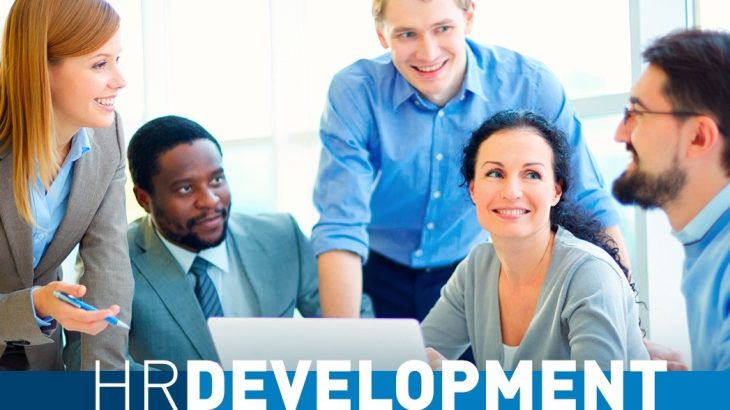Human Resource Development (HRD) is the framework for helping employees develop their personal and organizational skills, knowledge, and abilities. Human Resource Development can be formal such as in classroom training, a college course, or an organizational planned change effort.
Functions of Human Resource Development
1. Brings right talent: The primary function played by HRD is attracting and hiring the right individuals for carrying out organizational activities. Recruitment and selection of right type of employees is must for every business in order to attain its target goals. HRD performs the role of matching the right person with right job in order to derive maximum output. Employees are deputed at various roles after evaluating their skills and capabilities in line with responsibilities and activities that they will be required to carry out.
2. Education-oriented employee benefits: HRD plans and design various education oriented programmes for enhancing the knowledge and understanding of workforce. The benefits packages are provided to employees that include sponsorship from company regarding their college and tuition fees. Employees are able to learn new concepts and technologies with the support of their organization thereby making them competent enough for facing challenges in future.
3. Better employer-employee relationships: Every organization aims at maintaining good relations among all of its member operational at distinct roles. HRD aims at strengthening the relationship in between the employer and employees across the business organization. It establishes a proper communication network via which subordinates can easily raise their queries with leaders. Leaders also address the subordinates with full attention and invite them in decision making that leads to develop good relations among them.
4. Training and development: HRD plays an effective role in promoting overall development of each employee working within the organization. It designs and implement various training programmes that are aimed at imparting knowledge to workforce. They are trained on how to perform efficiently using distinct tools and techniques at workplace. HRD facilitates worker in enhancing their skills, capabilities and understanding of new concepts which makes them overall qualified for performing their roles effectively.
5. Performance measurement and management: Measurement of worker’s performance from time to time is a key function performed by HRD. It enables organization in detecting various issues responsible for inefficiency. Reviewing of performance finds out the one which are underperforming. Employees are informed about their outcomes and guided by managers on how to improve their performance. HRD by conducting timely review ensures that all individuals are delivering their roles efficiently with minimum wastage.
6. Career planning: Human resource development does the function of planning and guiding the employees in their career path. They are informed about the future opportunities available to them and train how to grab them. Employees are counselled and showed how their personal ambitions can align with company’s future. It assists in engaging human resource with organization for longer term where they work actively with a sense of belongingness thereby resulting in higher productivity.
7. Compensation and benefits: HRD also plays a role of deciding the appropriate amount of benefits and compensation to employees for satisfying them. Individual are paid on the basis of their qualifications and overall performance within the organization. Employer recognize the contributions of each workforce and rewarded them by offering various kinds of financial and non-financial incentives. This boost the morale and confidence of workers because of which they work actively with full efforts.





